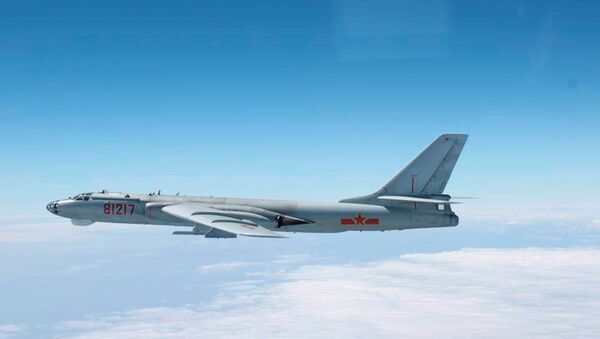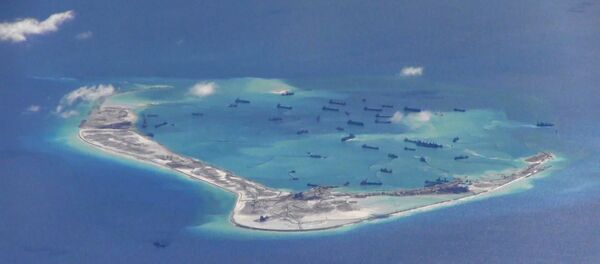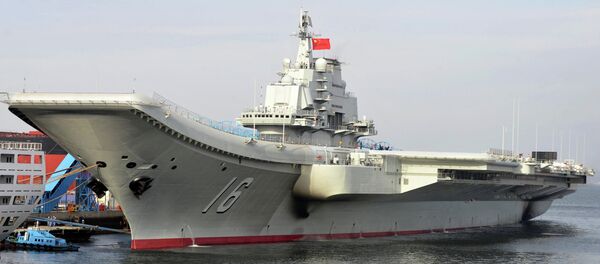Since January 1, China has flown strategic bombers over the Spratly islands on at least two occasions. Beijing has grown increasingly irritated with US Freedom of Navigation patrols roaming the waters of the South China Sea, suspecting that they are part of a coordinated espionage effort.
The point of such military training exercises, and of this mission particularly, is to showcase China’s "strategic force," according to a PLA official.
US Commander Gary Ross noted that the Pentagon continues "to observe a range of ongoing Chinese military activity in the region."
Some speculate that China is aiming to strengthen its posture in response to President-elect Donald Trump’s pending inauguration on January 20. Trump has targeted Beijing across a range of issues, including artificial currency manipulation, trade agreements imbalances, and China’s failure to handle Pyongyang’s volatility.
— Donald J. Trump (@realDonaldTrump) January 2, 2017
Speaking with Taiwan and publicly berating Chinese economic policies may be part of a strategy to improve US leverage in negotiating bilateral deals. Beijing has called for increased military spending in addition to accelerated development of nuclear weapons in retaliation.
In December 2016, China’s Liaoning aircraft carrier completed a series of military exercises near the disputed waters, alerting Taiwan that the threat of its enemies is "growing by the day." Further, satellite imagery released last month showed a military buildup on the Spratly islands, which Beijing insists are basic territorial defense posts.




